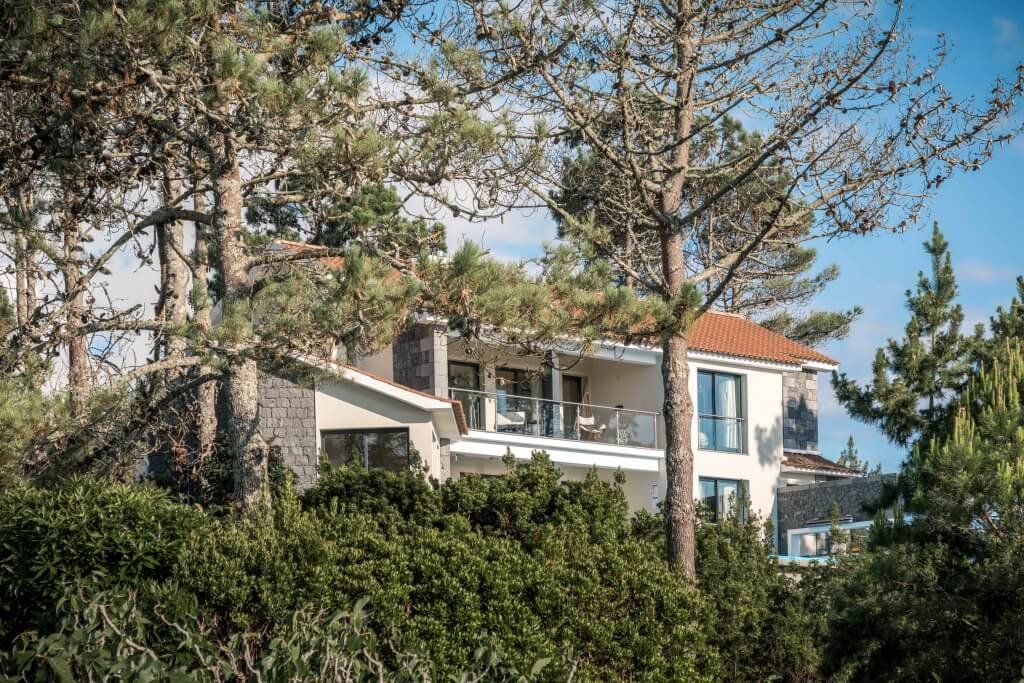Rural Tourism in the Azores: Sustainable Travel
Rural tourism in the Azores is the way forward because it perfectly aligns with the growing global demand for authentic, immersive travel experiences. Travelers are increasingly seeking destinations that offer a deeper connection to nature and local culture, and rural tourism on Pico Island and other Azorean islands provides exactly that. Staying in traditional homes and guesthouses allows visitors to enjoy the unique charm of the islands in a way that larger hotels often can’t match.
Renewable energy investments in the azores decreasing the carbon footprint of the autonomous region.
“The greatest threat to our planet is the belief that someone else will save it. ”
One of the key reasons the Azores are progressing in the right direction is the continuous support of European funds for the tourism sector. These funds have been instrumental in promoting sustainability and enhancing the infrastructure needed to support eco-friendly tourism. Significant investments have been made in renewable energy projects, further reducing the carbon footprint of tourism across the islands. This focus on green energy, combined with eco-friendly tourism initiatives, has allowed the Azores to set an example of how tourism growth can be achieved without compromising environmental integrity.
Focus on green energy, combined with eco-friendly tourism initiatives.
These rural properties not only offer privacy and tranquility but also contribute to preserving the islands’ rich cultural heritage. Many of these homes are family-owned, offering guests personalized service and insider knowledge of the best local spots to explore. This intimate approach appeals to tourists looking for a more meaningful stay, from enjoying homemade breakfasts with locally sourced ingredients to exploring the scenic landscapes that surround these properties. Compared to standard hotels, these homes offer a more enriching and authentic experience.
“A transition to clean energy is about making an investment in our future.”
In addition to the cultural benefits, the sustainability of rural tourism is a driving force behind its growth. With the help of European funding, many homes and villas on Pico Island and beyond have embraced renewable energy, such as solar and wind power, helping to reduce their environmental impact. This strong focus on sustainable tourism helps attract visitors who want to enjoy the natural beauty of the Azores while contributing to its preservation. Unlike many large hotels, these homes offer a greener alternative that fits with the Azores’ broader goals of conservation and reducing the carbon footprint of the region.
Wind turbines harnessing eolic energy, generating clean and renewable power from the wind.
As more people seek meaningful travel experiences that allow them to unwind in natural surroundings, rural tourism in the Azores will keep increasing. The combination of authenticity, sustainability, and a close connection to local life makes rural tourism an attractive choice for visitors. Whether staying in traditional homes or boutique-style hotels, travelers are choosing options that reflect a more personal and environmentally conscious way to explore the beauty of the islands.
The combination of authenticity, sustainability, and a close connection to local life makes rural tourism an attractive choice for visitors.
“Take only memories, leave only footprints.”
This trend is expected to grow as the Azores become a top destination for those looking to escape the pressures of modern life and embrace the natural beauty and simplicity of the islands. The continuous investment in renewable energy and infrastructure by European funds ensures that this growth remains sustainable. Whether visitors choose a hotel or a rural home on Pico Island, they can expect an unforgettable experience that highlights the unique cultural and natural treasures of the Azores, while supporting the region’s commitment to a greener future.



